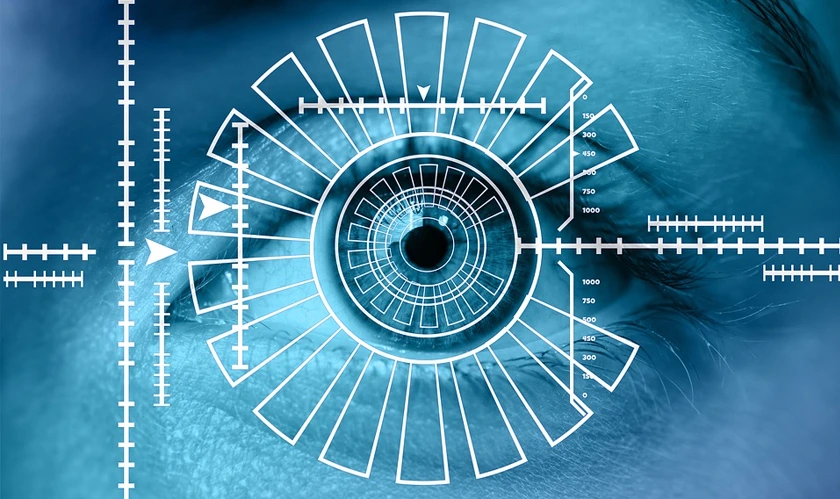Introduction:
Deepfake technology, driven by artificial intelligence (AI) and machine learning, has emerged as a potent and concerning tool for generating hyper-realistic fake content, including videos, images, and audio. These manipulated media pieces can be incredibly convincing and pose significant threats, ranging from misinformation and fake news to potential damage to personal and corporate reputations. In this blog, we will explore the rise of deepfake technology and how verification companies are actively developing innovative methods to detect and prevent its malicious use.
The Rise of Deepfake Technology:
Deepfakes have gained notoriety due to their ability to manipulate and superimpose one person’s likeness onto another’s, making it appear as though the individual in the video is saying or doing something they never did. The technology behind deepfakes has evolved rapidly, becoming more accessible and sophisticated over time.
One of the primary concerns with deepfakes is their potential to deceive and mislead, leading to harmful consequences. From spreading false information and damaging reputations to sowing discord and destabilizing trust in media, deepfakes have the potential to exacerbate existing problems in the digital age.
Verification Companies Taking Action:
- AI-Driven Detection Algorithms: Verification companies are harnessing the power of AI to develop advanced detection algorithms specifically designed to identify deepfake content. These algorithms analyze patterns, discrepancies, and anomalies in videos and images to distinguish between authentic and manipulated media.
- Metadata Analysis: Verification companies scrutinize the metadata attached to media files. Changes made during the creation of deepfakes often leave digital footprints that can be detected and analyzed. By examining metadata, these companies can uncover signs of manipulation.
- Comparison with Source Material: Verification companies rely on extensive databases of original, authentic content to compare against potentially manipulated media. By analyzing patterns and cross-referencing with trusted sources, they can determine the credibility of the content in question.
- Blockchain-based Verification: Some companies are exploring the use of blockchain technology to create a decentralized network for verifying the authenticity of media files. By timestamping and storing hashes of original content on the blockchain, verification companies can confirm the integrity of media over time.
- Collaboration with Tech Giants: Verification companies collaborate with major tech companies and social media platforms to implement deepfake detection tools. Integrating such technology into existing platforms allows for real-time identification and removal of malicious deep fake content.
- Digital Watermarking: Companies are exploring the use of digital watermarking techniques to embed invisible markers into media files during their creation. These watermarks act as unique identifiers that can verify the content’s authenticity and origin.
- Public Awareness and Education: Verification companies actively promote public awareness about deepfakes and their potential impact. By educating individuals about the existence and risks of deepfakes, people can become more discerning consumers of digital content.
Conclusion:
The rise of deepfake technology presents a significant challenge for society, as it has the potential to erode trust in media and disrupt the dissemination of accurate information. However, verification companies are at the forefront of the battle against deepfakes. By leveraging AI-driven detection algorithms, metadata analysis, blockchain-based verification, and digital watermarking, these companies are working diligently to combat the malicious use of deepfakes. Through collaboration with tech giants and public awareness initiatives, verification companies are striving to create a safer digital landscape where individuals can confidently interact with trustworthy media content. By addressing the challenge of deepfakes head-on, these companies play a crucial role in safeguarding the integrity of digital information and promoting responsible media consumption.










